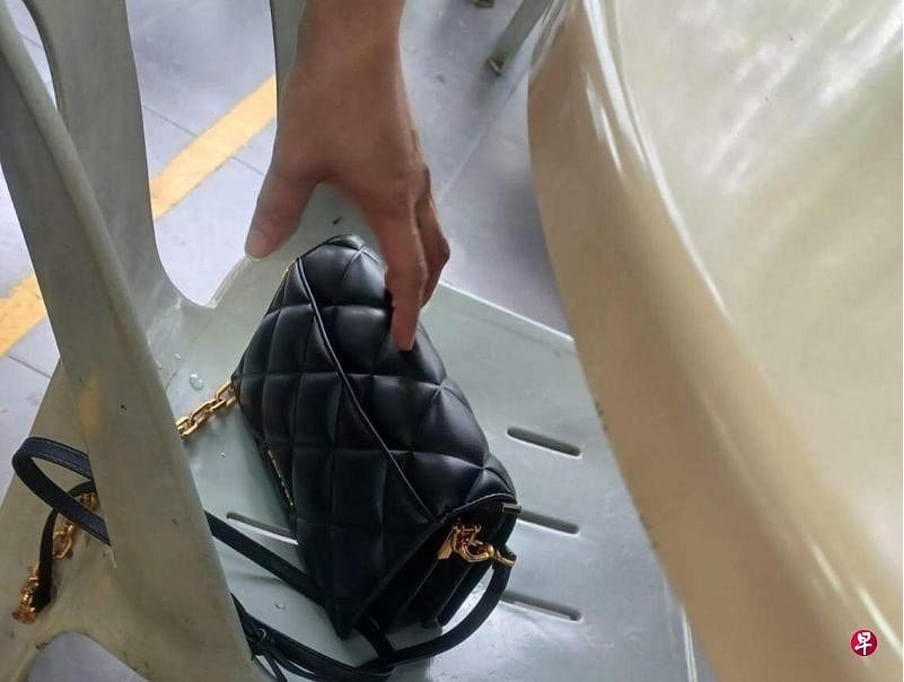If you’ve been out shopping, you may have noticed that egg prices have been on the rise, sibei sian ah! Local egg suppliers said in an interview that prices of eggs have gone by about 17% sia.
According to the local suppliers, this is the biggest price increase since the Avian flu outbreak in 2004, reported Zaobao.
A spokesperson from Ang Seng Eggs Supplier pointed out that in 2019, the price of a pack of 30 eggs cost about $3. But now hor, the price of 30 eggs cost $7.20. Maciam daylight robbery leh!
Another local egg supplier that has been operating in Singapore for more than 30 years revealed that this is the second time that the prices of eggs have increased within the same month, and the increase is about $1.
“The price increase this time is almost an unprecedented one,” said the spokesperson, who is also the second-generation boss. He said that at the time when the Avian flu broke, the consumers understood that the reason for the price increase was due to the shortage of eggs. But the recent increase in the prices of eggs is caused by inflation and has affected many families.
According to him, many smaller egg farms in Malaysia have closed down liao and therefore the number of chicken farms has also decreased. Currently, most of the eggs come from the bigger farms. The cause of the egg price increase is also due to market factors such as the global demand and supply. He believes that the price of one tray of eggs has increased by 40% to 50% as compared to earlier.
He also added that the decrease in the number of eggs Singapore imports from Malaysia has also led to an increase in egg prices, which is a human factor. He said that in the past, Singapore imported about 70% to 80% of eggs from Malaysia, but now it has been reduced to less than 50%.
In case you don’t know hor, this is because our Gahmen wants to diversify our food import sources instead of depending too much on ONE country lah.
So hor the Gahmen decided to increase the supply of our local eggs to 30%, while the rest of the 25% coming from other countries, mostly from the European countries such as Ukraine and Poland.
That’s why now hor if you go to NTUC FairPrice to shop shop, you will also realise that the supermarket now got eggs from other countries. It was since the 2004 Avian bird flu that NTUC FairPrice started to import eggs from many more other countries because they want to alleviate the egg shortage and also to moderate the prices of eggs.
The spokesperson added that the quota restrictions have made it harder to run the business, while adding that currently there are not many eggs in Japan, Australia, South Korea, and Thailand. Today, the lowest-grade eggs are priced at $7.20 per tray, which is much higher than when there were no restrictions.
Why are the food prices rising?
Not just the eggs leh. If you have noticed, prices of other food also got increase sia.
According to the Ministry of Trade and Industry (MTI), global food prices are affected by factors such as pandemic-induced labour shortages, higher energy and freight costs, and weather-related disruptions.
For a small and open country that imports most of our food like Singapore, we will have to kaki manage global inflationary pressures.
And with Russia invading Ukraine – one of the largest exporters of food grain – the eggs lagi is more expensive now because it’s the main ingredient to feed chickens mah.
But hor to keep prices competitive, Singapore imports food supplies from more than 170 countries and regions around the world. Is like when you go casino and play roulette you know? You put your bets on different numbers instead of humbalang bet all your money on one number. So instead of die-die depending on one country, we diversify our food import sources. We also ownself produce some locally ourselves and stockpile some ~jUsT in CaSe~ and also maybe because we kiasu and kiasi.
This is one multi-pronged strategy our Gahmen adopt to mitigate the impact of unforeseen disruptions to our food supply, reduce our vulnerability to price fluctuations and ensure that prices remain competitive.
If you’d like to contribute your story to us, drop us an email at editors@sureboh.sg and we’ll review it. We read each submission that comes to us within two weeks of receiving it.





